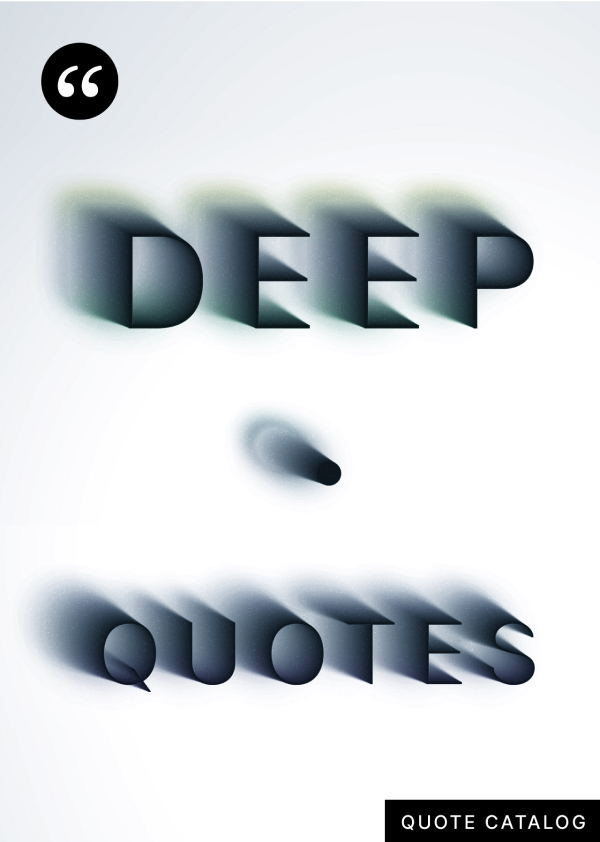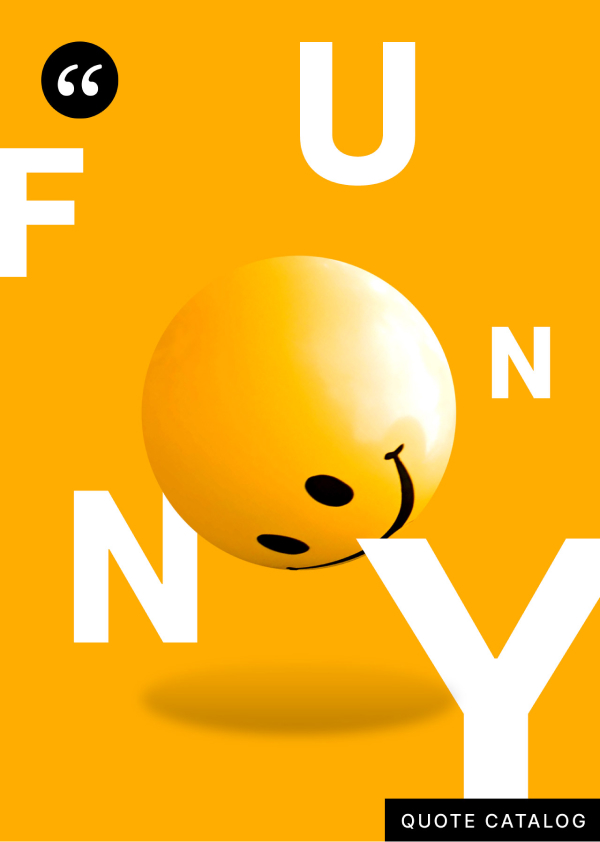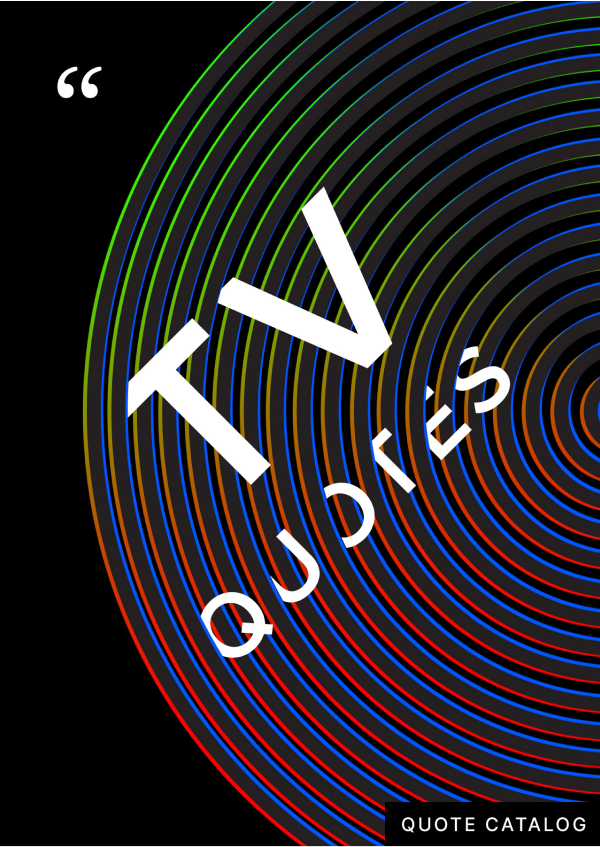“Indeed, when liberal arts education is doing its job properly, it is just like poetry because, like poetry, it makes no claims to efficacy beyond the confines of its performance. A good liberal arts course is not good because it tells you what to do when you next step into the ballot box or negotiate a contract. A good liberal arts course is good because it introduces you to questions you did not know how to ask and provides you with the skills necessary to answer them, at least provisionally. And what do you do with the answers you arrive at? What do you do with the habits of thought that have become yours after four or more years of discussing the mind/body problem, or the structure of DNA, or Firmat’s theorem, or the causes of World War I? Beats me! As far as I can tell those habits of thought and the liberal arts education that provides them don’t enable you to do anything, and, even worse, neither do they prevent you from doing anything.
The view I am offering of higher education is properly called deflationary; it takes the air out of some inflated balloons. It denies to teaching the moral and philosophical pretensions that lead practitioners to envision themselves as agents of change or as the designers of a “transformative experience,” a phrase I intensely dislike. I acknowledge a sense in which education can be transformative. A good course may transform a student who knew little about the material in the beginning into a student who knows something about it at the end. That’s about all the transformation you should or could count on. Although the debates about what goes on in our colleges and universities are often conducted as if large moral, philosophical, and even theological matters are at stake, what is really at stake, more often than not, is a matter of administrative judgment with respect to professional behavior and job performance. Teaching is a job, and what it requires is not a superior sensibility or a purity of heart and intention—excellent teachers can be absolutely terrible human beings, and exemplary human beings can be terrible teachers—but mastery of a craft. Teachers who prefer grandiose claims and ambitions to that craft are the ones who diminish it and render it unworthy.”
About the author
This page was created by our editorial team. Each page is manually curated, researched, collected, and issued by our staff writers. Quotes contained on this page have been double checked for their citations, their accuracy and the impact it will have on our readers.
Kelly Peacock is an accomplished poet and social media expert based in Brooklyn, New York. Kelly has a Bachelor's degree in creative writing from Farieligh Dickinson University and has contributed to many literary and cultural publications. Kelly assists on a wide variety of quote inputting and social media functions for Quote Catalog. Visit her personal website here.
Kendra Syrdal is a writer, editor, partner, and senior publisher for The Thought & Expression Company. Over the last few years she has been personally responsible for writing, editing, and producing over 30+ million pageviews on Thought Catalog.







